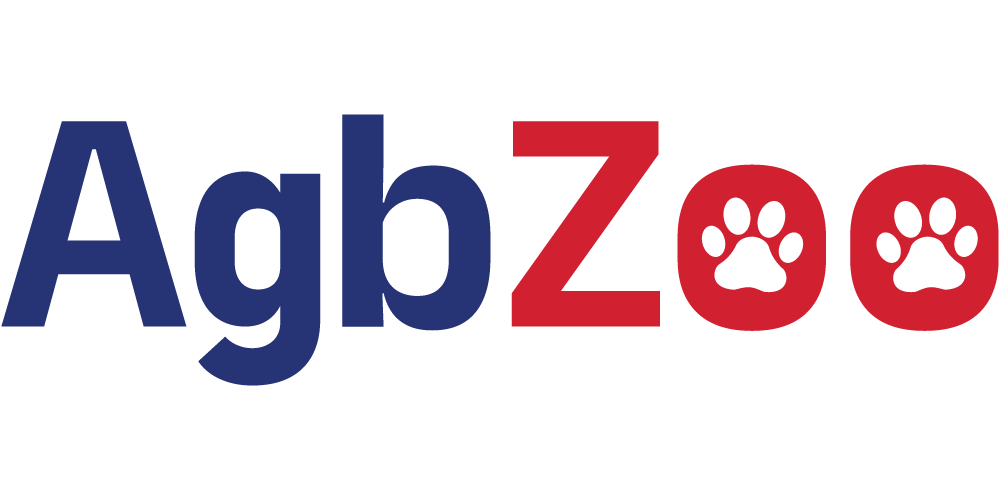- Dry food for adult dogs, used for kidney failure. 3kg pack.
PURINA Pro Plan Veterinary Diets NF Renal Function 3kg - Product Description
PURINA Veterinary Diets NF Renal Function is a dietary food for dogs, low in phosphorus and limited in protein but high in quality, designed to support renal function in cases of chronic renal failure. It provides a complete, balanced food for adult dogs.
Composition
- Maize
- Rice*
- Dried egg*
- Dried whey*
- Animal fat
- Sugar
- Digest*
- Dried beet pulp*
- Mineral ingredients
- Soybean oil
- Fish oil
- Calcium carbonate
Composition analysis
- Moisture content 7.0%
- Protein 13%
- Sulphur amino acids 0.67%
- Oils and fats 14.5%
- Omega-6 fatty acids 2.5%
- Omega-3 fatty acids 0.3%
- Carbohydrates 59%
- Crude fibre 2%
- Calcium 0.8%
- Phosphorus 0.3%
- Potassium 0.8%
- Magnesium 0.07%
- Sodium 0.2%
- Sulphur 0.21%
- Vitamin E 300 mg/kg
- Vitamin D3 850 IU/kg%
- Purines 0.06%
Additives
- Vitamin A (31 000 IU/kg)
- Vitamin D3 (1 000 IU/kg)
- Vitamin E (350 IU/kg)
- Ferrous sulphate monohydrate (100 mg/kg)
- Calcium iodate anhydrous (2,6 mg/kg)
- Copper sulphate pentahydrate (12 mg/kg)
- Manganese sulphate monohydrate (47 mg/kg)
- Zinc sulphate anhydrous (160 mg/kg)
- Sodium selenite (0.14 mg/kg)
Dosage
| Weight of dog | Daily portion in grams |
| 2.5 kg | 65 g |
| 5 kg | 105 g |
| 10 kg | 165 g |
| 15 kg | 220 g |
| 25 kg | 310 g |
| 35 kg | 385 g |
| 45 kg | 455 g |
| 70 kg | 615 g |
The manufacturer does not limit the size of the animal.
Additional information
Indications:
Renal failure.
Liver diseases associated with hepatic encephalopathy.
Early stage of congestive heart failure.
Hypertension.
Contraindications:
Diseases requiring an increased amount of protein or phosphorus.
Pregnancy, growth period.
NF also contains reduced calcium, vitamin D3 and urine-alkalising ingredients, which are recommended for patients with known oxalate lithiasis.
Reduced phosphorus content - Helps prevent the development of hyperphosphatemia and associated kidney damage.
Reduced but high protein levels - Reduces the formation of uremic toxins and the absorption of non-essential amino acids.
Reduced sodium content - Prevents hypernatremia at a time of reduced ability to regulate this element.
Source of omega-3 and omega-6 fatty acids - Help reduce hypertension in the glomeruli and minimise inflammation of affected kidneys (thereby reducing the risk of hypertension).
Non-acidifying urinary diet - Leads to a urinary pH of 6.7-7.1 when fed at will, which reduces the risk of acidosis and supports the therapy of oxalate lithiasis.
Desired urinary pH of 7.1 +/- 0.4.
*Protein sources






